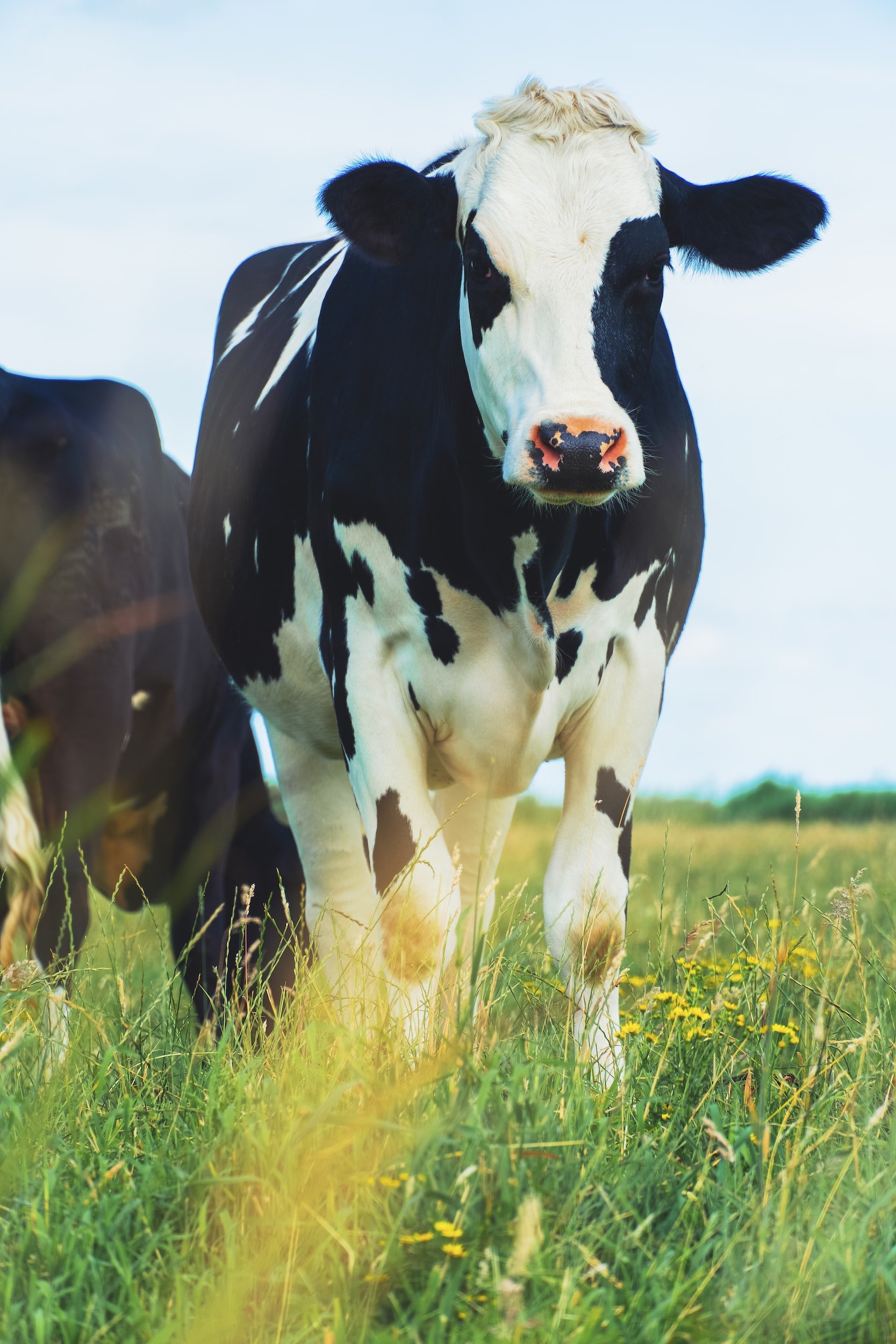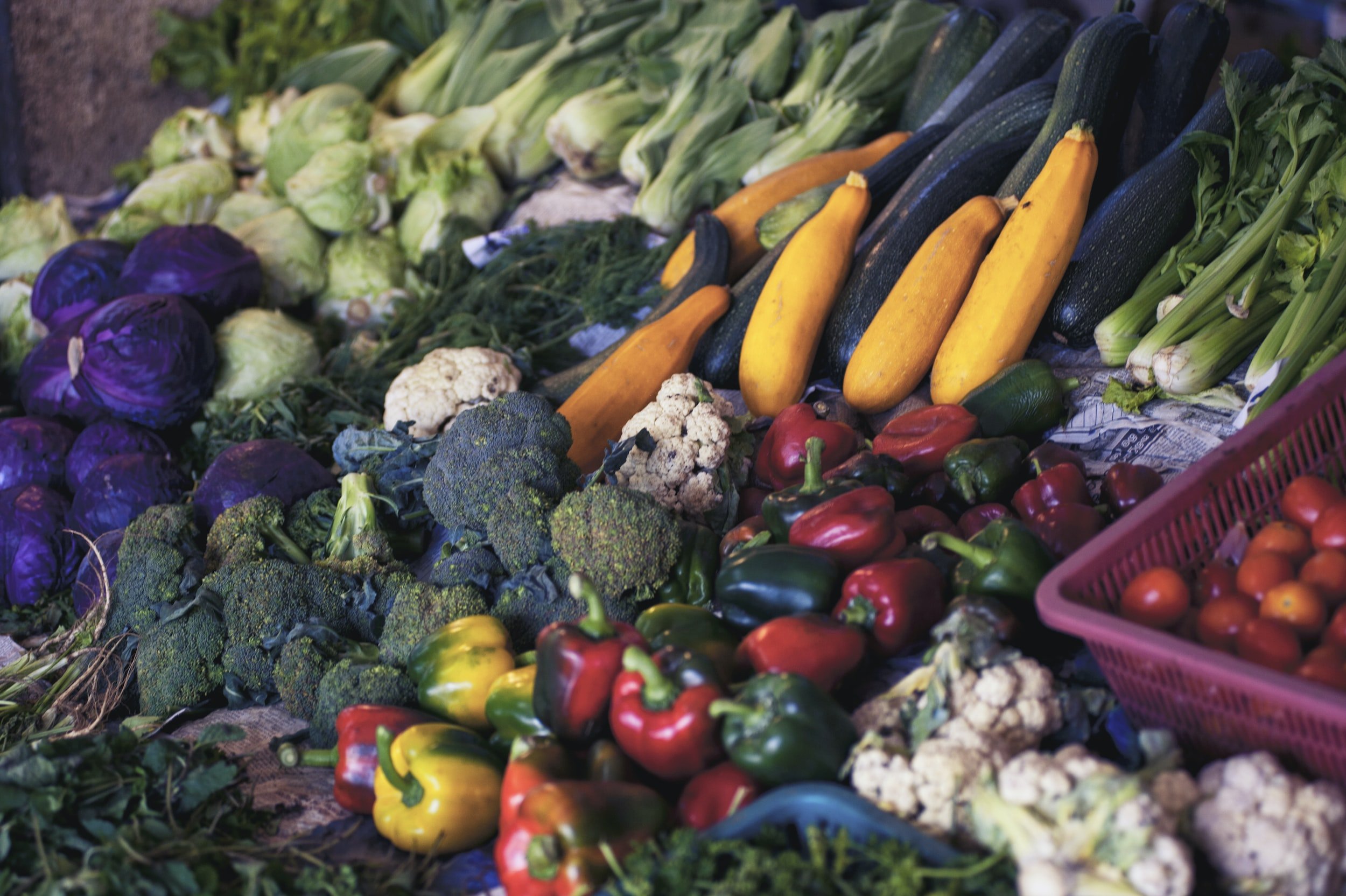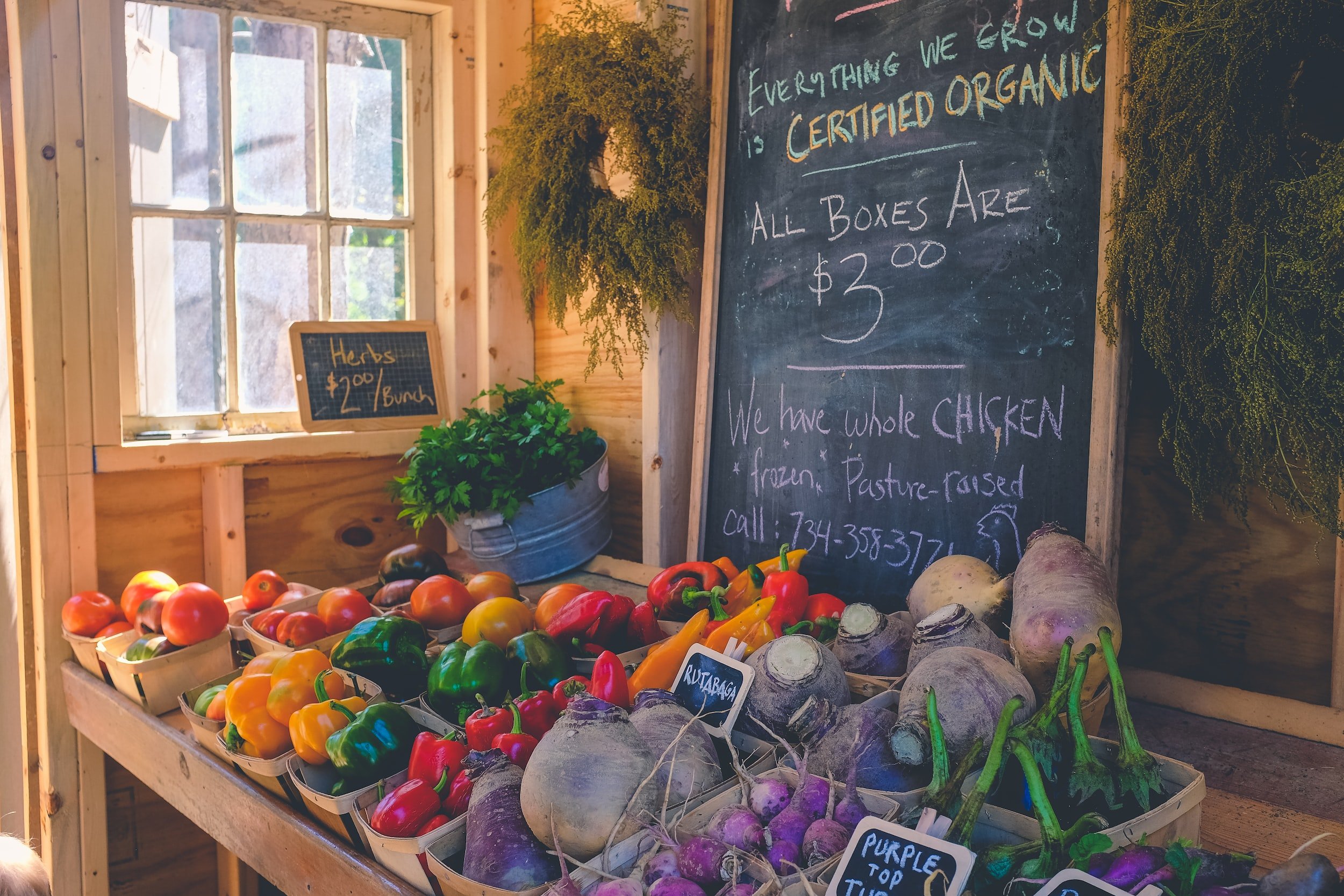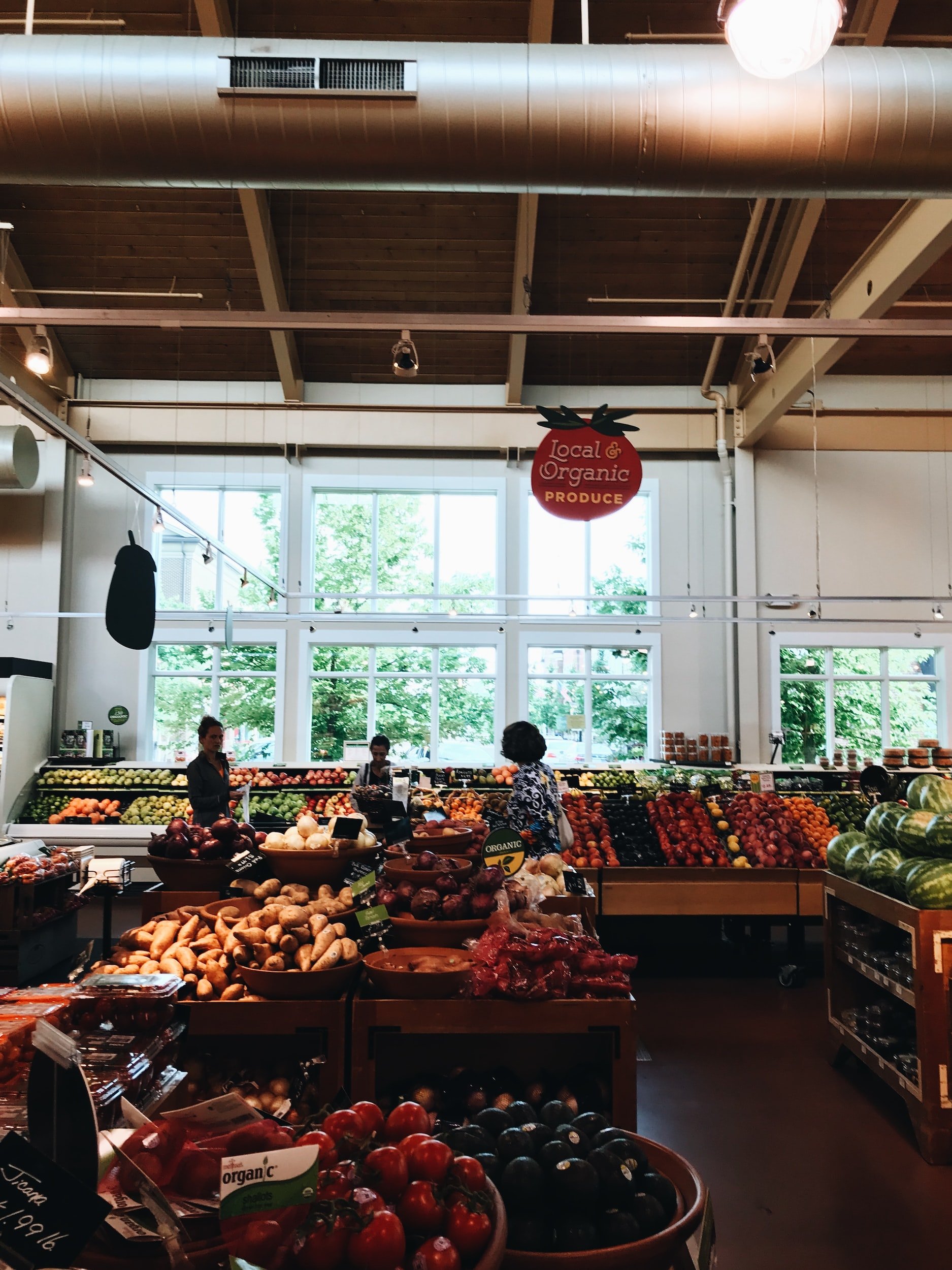Eating Organic: Understanding the Benefits and How to Find and Buy
Organic foods are grown and produced using methods that prioritize the health and well-being of both people and the environment. They are grown without the use of synthetic pesticides and fertilizers, genetically modified organisms (GMOs), or irradiation. Organic farming also puts a lot of emphasis on protecting natural resources and making sure animals are treated well.
But what does it mean to be "organic," and why is it important to eat that way? In this blog, we'll talk about what "organic" means, what the benefits of eating organic foods are, and what happens when you don't eat organic. We'll also tell you how to find and buy organic products and give you tips on how to save money on organic foods.
What is the meaning of "organic"?
The USDA's National Organic Program is in charge of the term "organic" in the United States (NOP). To get the organic label, farms must follow the NOP's strict rules about how they grow and handle their crops. These rules cover everything from how crops are grown and animals are raised to how products are processed and handled before they reach the consumer.
A farm must go through a thorough review by a USDA-approved certifying agent before it can be called "organic." As part of this process, the farm is inspected in person to make sure it meets the NOP standards. If the farm passes the inspection, it can label its products as "organic."
Criteria for organic food
To meet the standards set by the National Organic Program (NOP) of the USDA, organic farmers must use natural ways to get rid of weeds and bugs. This means that they can't use synthetic pesticides or herbicides to get rid of pests and weeds. Instead, they have to use natural methods like crop rotation, mulching, and natural pest repellents.
Organic farmers also can't put wax or other preservatives on their food to make it last longer or keep it from going bad. Instead, they have to make sure their products stay fresh by doing things like storing and handling them the right way.
Even though these natural methods can be more work and aren't always as effective as synthetic ones, they are an important part of the organic philosophy of promoting sustainable agriculture and protecting the health of both people and the environment.
In addition to these requirements, organic farmers must also follow strict standards for the care and handling of their animals. This means letting the animals go outside, feeding them organic food, and not giving them antibiotics or growth hormones.
By sticking to these strict rules, organic farmers can make high-quality products that are not only healthy and good for people but also help support farming methods that are good for the environment.
Standards for Meat and Milk that are Organic
Organic meat and dairy are made in ways that put the health and happiness of the animals and the health of the environment first. To meet the standards set by the USDA's National Organic Program (NOP), organic farms must care for and handle their animals according to strict rules.
Organic livestock must be able to go outside and must be fed organic food that does not contain Genetically modified organisms (GMOs). They cannot be given antibiotics or growth hormones. For farms to be certified organic, they also have to make sure that animals are transported and slaughtered humanely by following strict rules.
In addition to these rules, organic farms must also use sustainable farming methods like preserving natural resources and improving the quality of the soil and water. This means that they must use organic fertilizers and avoid the use of synthetic pesticides and herbicides.
By following these strict rules, organic meat and dairy producers can make high-quality products that are not only good for people's health but also help farmers use sustainable methods that are good for the environment.
A Note on Organic Meats and Dairy
Even though organic meat and dairy are made in a way that puts the health and happiness of the animals and the environment first, it's important to remember that they are not always the best. Grass-fed and grass-finished beef is the gold standard, while pasture-raised pork and chicken are the gold standards for pork and chicken. Lamb and bison should be raised on grass and finish their lives on grass. Eggs should come from pasture-raised chickens.
This is because organic meat and dairy animals are usually fed grains that are free of genetically modified organisms (GMOs) and synthetic pesticides and fertilizers. Even though this is a step up from the way most animals are raised, it is not what these animals were meant to eat. Grass-fed and pasture-raised animals can eat their natural diet of grass and other forage.
Even though it can be hard to find grass-fed and pasture-raised products, they are becoming easier to find as the number of people who want them grows. You can find grass-fed and pasture-raised options at a lot of farmers’ markets and local farms. You can also find them in some grocery stores and online.
Negative effects of not eating organic
One of the main reasons people choose to eat organic is to avoid exposure to synthetic pesticides and fertilizers that are used with conventionally grown produce. These chemicals can have negative impacts on human health, including increased risk of certain types of cancer, neurological disorders, and developmental problems in children.
In addition to the possible risks to health, conventional farming methods are also bad for the environment. Using synthetic pesticides and synthetic fertilizers can damage the soil and pollute the water. Using too many of these chemicals can also cause pests to become resistant to pesticides. Conventional methods of raising animals for food can also pollute the air and water and cause problems for the animals.
Finding organic foods
There are many ways to find organic products, such as shopping at farmers’ markets, buying directly from local farms, or using online resources to find organic products in your area.
Farmers’ markets are a great place to find fresh, organic food that was grown close to home. Many farmer’s markets also sell organic meat, dairy, and grains, among other things. Another way to support the organic movement and get high-quality goods is to buy directly from local farms. Even though many small farms don't have organic certification, they may still use organic methods. Just ask your local farmers and they'd be happy to tell you.
You can also use online tools, like the Organic Integrity Database from the USDA, to find organic products in your area. There are now a lot of grocery stores and supermarkets that sell organic foods, and there are also online stores that only sell organic foods.
The Cost of Organic Foods
People worry that organic foods can be more expensive than foods that are grown in other ways. Many things can affect the price of organic products, such as how much it costs to make, how much it costs to ship, and how much people want it.
There are, however, ways to spend less on organic foods. One option is to buy organic produce at farmers’ markets or directly from local farms, as the prices may be lower than in supermarkets. You can also check grocery stores and online stores for sales and deals.
Grow your own organic food is another choice. This takes some time and money upfront, but in the long run, it can save you money and give you a lot of fresh, organic food.
Starting an organic garden can also be a fun and rewarding hobby, and it will give you the satisfaction of knowing exactly where your food comes from and how it was grown. If you're new to gardening, there are many things you can use to get started, like online guides and workshops in your area.
Eating organic food is a choice that can help your health and the health of the environment in important ways. By buying organic products, you can avoid being exposed to synthetic pesticides and fertilizers and support farming methods that put people and the planet's health first.
Even though organic products are sometimes more expensive, you can save money on them by shopping at farmers’ markets, buying directly from local farms, or growing your own food. We hope that this blog has helped you understand why it's important to eat organic food and what you can do to switch to organic products.








